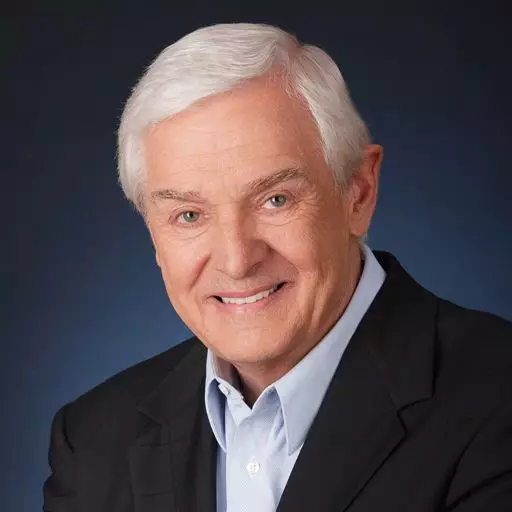The Bible warns that every human being is subject to sudden death. No one has the promise of another day or hour. We never know when we’ll be swept into eternity by a car wreck, a heart attack, an act of violence, a natural disaster, or freak accident. We see it happening every day around us—events that unexpectedly take the life of someone we knew and loved.
Thousands of people will die today, and many can’t see it coming. They woke up this morning, showered, dressed, grabbed a cup of coffee, and dashed out the door never dreaming they were leaving their doorstep for the final time.
Jesus told the story (Luke 16:19-31) of a rich man who lived in affluence while a beggar named Lazarus lived nearby in squalor. The beggar was ready for eternity. When he died, he was carried away to be with Abraham and the saints of all the ages. But when the rich man died, he found himself in Hades. Jesus said, “Being in torments in Hades, he lifted up his eyes and…cried and said, ‘Father Abraham, have mercy on me, and send Lazarus that he may dip the tip of his finger in water and cool my tongue’” (Luke 16:24).
But it wasn’t possible, and there he still is, today, without a whisper of hope. One of the worst things about hell is that one’s memory doesn’t die. The inhabitants of hell will remember all the opportunities they spurned. They’ll remember church services they attended, tracts they did not read, invitations they shrugged off, and Bibles they disregarded.
It’s interesting that in Luke 16, the rich man didn’t want his brothers joining him. He longed for Lazarus to go to his father’s house to warn them “lest they also come to this place of torment” (verse 28). Hell is not a place of fellowship. Hell is loneliness personified. How foolish to wait too long to be saved, to wait until the day after.
In his book, One Minute After You Die, Erwin Lutzer writes of those who, a minute after death, “will be shrouded in darkness, a region of deprivation and unending regret. There, with their memories and feelings fully intact, images of their life on earth will return to haunt them. They will think back to their friends, family and relatives; they will brood over opportunities they squandered and intuitively know that their future is both hopeless and unending.”
Writing vividly, Lutzer said, “While relatives and friends plan your funeral—deciding on a casket, a burial plot, and who the pallbearers shall be—you will be more alive than you have ever been. You will either see God on His throne surrounded by angels and redeemed humanity, or you will feel an indescribable weight of guilt and abandonment.”[1]
Are you ready to meet Christ? Or are you in danger of waiting a day too long?
We Need to Prepare Today!
Have you yielded your life to Christ or is your attitude like those who say: “Someday I’ll get saved. Not now.”
The Bible uses the word NOW to express the urgency of salvation.
Acts 17:30 says, “God…NOW commands all men everywhere to repent.”
The apostle Paul said, “Behold, NOW is the accepted time; behold, NOW is the day of salvation” (2 Corinthians 6:2).
The book of Isaiah says, “‘Come NOW, and let us reason together,’ says the LORD. ‘Though your sins are like scarlet, they shall be as white as snow…’” (Isaiah 1:18).
I hope you aren’t waiting too long to be saved. If you’d like to trust Christ as your Savior NOW, let me suggest a simple prayer you can sincerely offer to the Lord this very moment: Dear God, right now I confess my sins. I don’t want to delay another moment. I now invite Jesus into my heart to be my Savior. Today I confess Him as my Lord. I claim His promise of eternal life. In Jesus’ Name. Amen.
Let today be for you the day of salvation!
###
Dr. Jeremiah is the founder of Turning Point for God, and serves as Senior Pastor of Shadow Mountain Community Church in El Cajon, California.
For more information about Turning Point, go to www.DavidJeremiah.org.
[1] Erwin Lutzer, One Minute After You Die (Chicago: Moody Press, 1997), 10.


